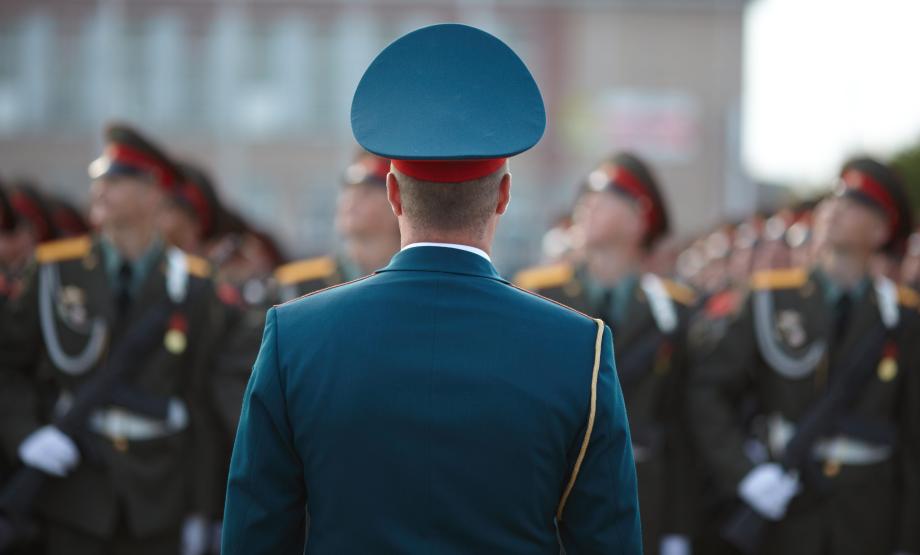In about a hundred words on Russia’s Partial Mobilization

Ukraine’s lightning military gains and strong national morale has been a dagger to the heart of Russia’s military policy priorities. With large swaths of land and equipment recaptured, and the Russian army in retreat, the pressure on Vladimir Putin to respond had been expectedly intensifying. In a highly sensitive domestic move, Russia has announced a partial mobilization of its population to counter its battlefield losses.
As Russia begins its partial mobilization efforts, GLOBSEC asks a Ukrainian Verkhovna Rada Parliamentarian, a former Deputy Chief of the General Staff of the Armed Forces of Slovakia, and a NATO 2030 Global Fellow; what impact will these Russian troops have and what does this mean for Ukrainian military planners?
Lesia Vasylenko, Parliamentarian, Verkhovna Rada of Ukraine
The declaration of the partial mobilisation is really a concession of the Kremlin’s military failure. With thousands of Russians fleeing the country and flights to Istanbul, Yerevan, and Tbilisi completely booked, it is unlikely to be successful – not to mention training, equipping, supplying, and motivating the mobilised. For Ukraine, nothing changes. The Armed Forces of Ukraine will continue liberating internationally recognised Ukrainian territories, whether Moscow holds sham referendums there or not. The only implication is that we will legitimately demand more weapons, including tanks, ATACMS, aircrafts, sanctions on Russia, and support from the West to defeat the invaders and restore peace.
Pavel Macko, former Deputy Chief of the General Staff, Armed Forces of the Slovak Republic
The Russian offensive has culminated and after the recent Ukrainian operational success it became obvious that Ukraine has initiative and Russian forces are under significant pressure. Putin’s call for a partial mobilisation is a desperate attempt to turn the tide despite the cost. By this act Putin definitively admits that his so-called special operation is a massive war from the onset and Russia is losing it. The second message is that Putin plays the final game with either victory or defeat. We are approaching difficult times, but we should not overreact and watch the development very closely. Putin in his rhetoric wants to blame and threaten Ukraine’s western allies and tries to find an excuse for war among Russian citizens. We should bolster our support to Ukraine and consider reinforcement measures for our defense industry to increase production tempo.
Roger Hilton, Media Presenter and Defence Fellow, NATO 2030 Global Fellow
Putin might have gotten a small PR win appeasing radicals in Moscow, as many were calling for escalation. However, anything of substance on the battlefield will take time. While the announcement does have implications vis-à-vis the conflict, it more so reflects the desperate situation with which he is faced. A cratering economy and embarrassing military losses forced his hand to disrupt the status quo of many average Russians who believed they were immune to the conflict. For Putin, the deployment of reservists will not yield transformative gains. Consequently, there is no justifiable reason for Ukraine to take its foot off the gas. With winter approaching, squeezing as many advances as possible before the weather turns are imperative.